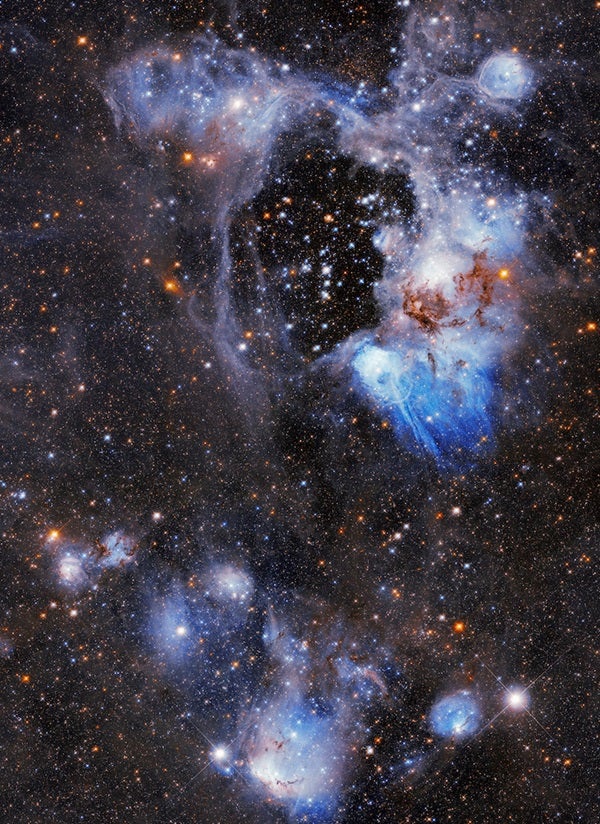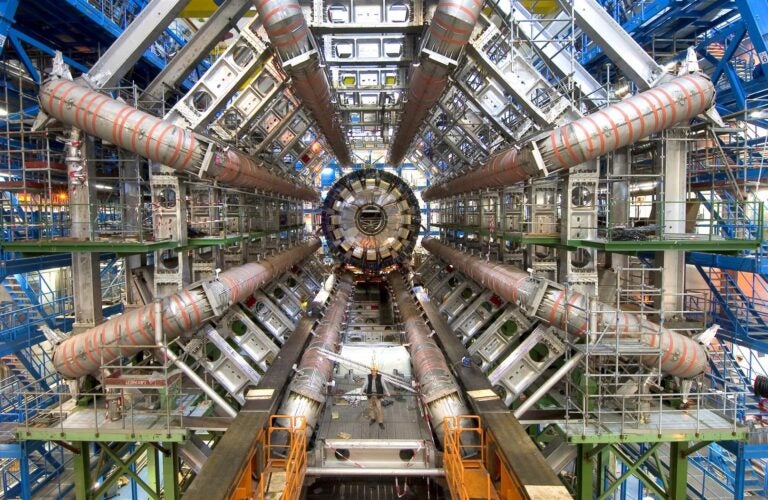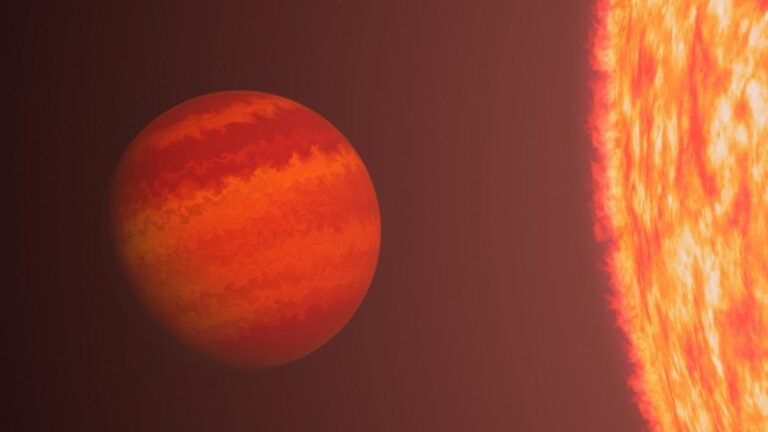It’s almost a cliché that the astronomy passion produces a sense of grandeur — the joyous experience of being taken outside of oneself. Little discussed is its ability to create the opposite: an inflated feeling of self-worth.
Ego was a big topic when I was finishing college in the ’60s. Eastern philosophy was suddenly popular, along with the idea that to fully “grok” nature’s myriad manifestations, you had to be free of your own chattering mind and its biases. Some of us performed peace-inducing meditations or went to South Asia, but it seemed the people seriously involved in an outdoor hobby — birdwatching or hiking, say — also acquired the appreciation of nature that is the antithesis of self-absorption. Astronomy, of course, accomplishes this effortlessly. As 19th-century American astronomer Maria Mitchell wrote, “Standing under the canopy of the stars, you can scarcely do a petty deed.”
But “petty” never lurks too far in the distance. As a teenager, I loved the constellations so much that I memorized their every naked-eye star — which is not as hard as it sounds, since there are only a few hundred named stars even when you include all the Bayer (Greek letter) designations.
But I quickly learned that regurgitating them excited no one. People love hearing facts about the night sky, but someone reciting a bunch of faint stars in some constellation? Nobody wants to sit through that. Nonetheless, I felt pride and accomplishment. I could barely restrain myself from blurting out, “Go ahead, ask me the name of any star!” It was ego, plain and simple.
Psychologists say that showing off commonly comes not from superiority but its opposite: a feeling of insecurity. So I know it’s not a healthy urge to want to tell every visitor the cost of my 5-inch Takahashi refractor, pier, and mount — even though I’m aware that many people are impressed by an object’s price tag. (I feel it myself when a friend says his new electric car set him back more than $100,000. Why can’t I play that game too?)
Clearly, astronomy has the potential to enhance ego. But it can also diminish it. Part of that is the venerable Eastern belief that ego solely arises from your sense of self, which astronomy’s visuals often suppress: An awesome object like Saturn puts us “in our place” by extinguishing our imagined self-importance. An excellent example may have been Albert Einstein. Few were as smart as he was, yet he arrived at humility through his knowledge. He believed that humans don’t even have free will, but merely deterministically obey nature’s laws. “This awareness of the lack of free will keeps me from taking myself and my fellow men too seriously,” he wrote. It was the epitome of selflessness, since it’s hard to think of anything more egoless than refusing to even credit oneself with the power to do anything.
So, it appears vast science knowledge need not create pride, but can produce the opposite effect by endowing us with appreciation of nature’s ironclad operations. Certainly, gazing with quiet attention at a distant swirling nebula that’s fashioning a family of blue suns right before our eyes — well, how can this not make our own lives richer?
Having now departed our “strange universe” and arrived at a familiar clichéd conclusion, I should cease pressing any further keys. Even if it’s hard to shut up. Because of — well, you know.









